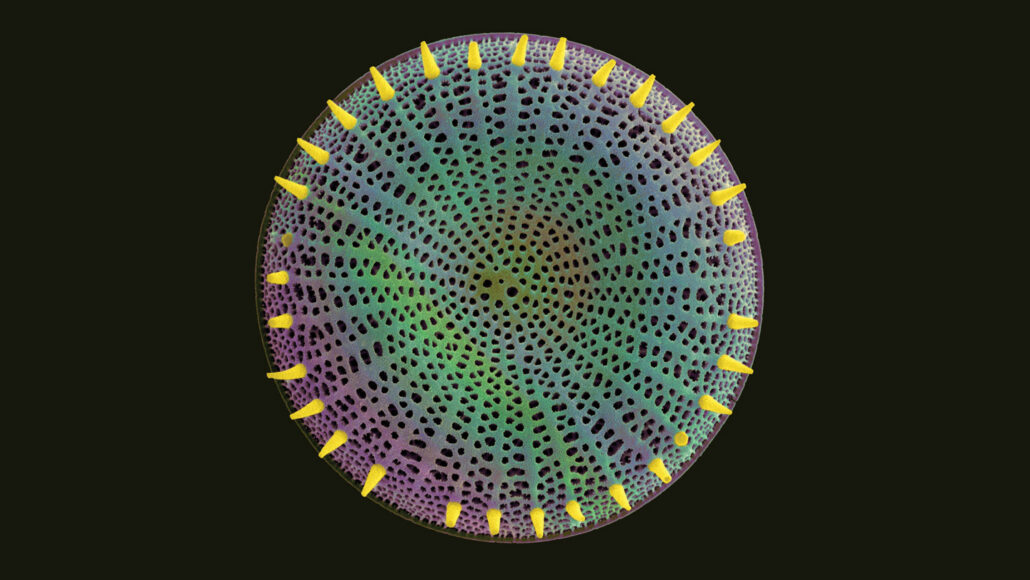Questions for ‘What the weird world of protists can teach us about life on Earth’

This is a microscopic diatom, a type of protist. It has a hard, porous cell wall.
Dennis Kunkel Microscopy/Science Photo Library/Alamy Stock Photo

This is a microscopic diatom, a type of protist. It has a hard, porous cell wall.
Dennis Kunkel Microscopy/Science Photo Library/Alamy Stock Photo